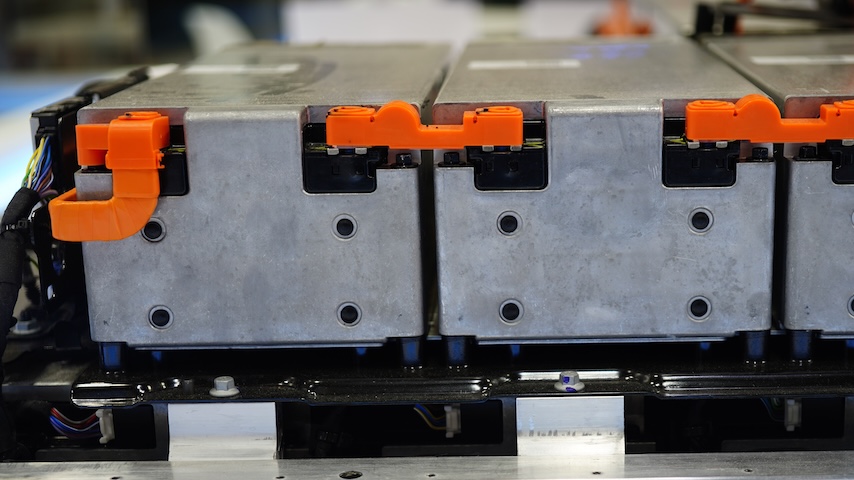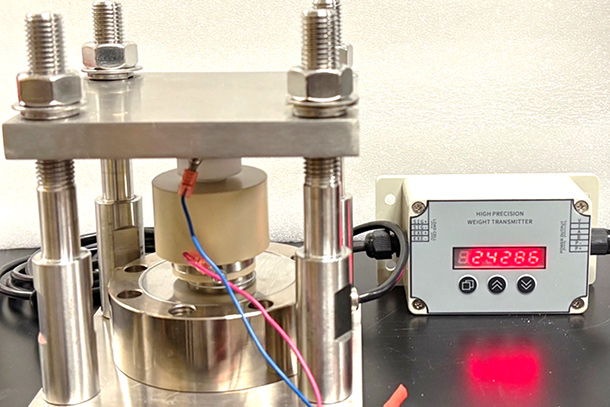National Security Commission on Artificial Intelligence Releases Second Quarter Report with Specific Recommendations for Engineering
National Security Commission on Artificial Intelligence Releases Second Quarter Report with Specific Recommendations for Engineering
On July 22, the National Security Commission on Artificial Intelligence (NSCAI), an independent federal commission established to examine the state of the AI-national security landscape, released its second quarter recommendations, with a final report expected in March 2021. These recommendations include are meant to have sway in current policy, budget, and legislative deliberations. Furthermore, the recommendations aim to build a modern framework for national security in the era of artificial intelligence (AI), and specifically makes suggestions as to how the Department of Defense (DoD) can implement new measures to best utilize AI and protect against potential antagonistic usage from our adversaries.
NSCAI focuses on six areas in its second quarter recommendations:
The report specifically focuses on accelerating AI research and development (R&D) across the DoD research enterprise. To this end, the Commission recommends:
The report also makes a series of recommendations aimed at increasing innovation across DoD laboratories and developing strategic approaches for technology identification and integration. After making these recommendations, the report outlines key considerations for the responsible deployment of said recommendations, including an entire section on how to best adapt engineering practices. The Commission offers what is believes are “critical engineering practices” that are necessary to operationalize and adopt listed AI principles to achieve the overall goal of enhanced national security. Recommended practices include:
Each of the recommendations outlined in this article are expanded upon in depth in the NSCAI’s second quarter report, which can be read in its entirety here: https://www.nscai.gov/.
NSCAI focuses on six areas in its second quarter recommendations:
- Advancing the Department of Defense’s internal AI research and development capabilities.
- Accelerating AI applications for national security and defense.
- Bridging the technology talent gap in government.
- Protecting AI advantages for national security through the discriminate use of export controls and investment screening.
- Reorienting the Department of State for great power competition in the digital age.
- Creating a framework for the ethical and responsible development and fielding of AI.
The report specifically focuses on accelerating AI research and development (R&D) across the DoD research enterprise. To this end, the Commission recommends:
- Create an AI software repository to support AI R&D.
- Promote ATO reciprocity as the default practice within and among programs, Services, and other DoD agencies to enable sharing of software platforms, components, infrastructure, and data for rapid deployment of new capabilities.
- Create a DoD-wide AI data catalog to enable data discoverability for AI R&D.
- Expand Section 219 Laboratory Initiated Research Authority funding to support AI infrastructure and software investments at DoD laboratories.
The report also makes a series of recommendations aimed at increasing innovation across DoD laboratories and developing strategic approaches for technology identification and integration. After making these recommendations, the report outlines key considerations for the responsible deployment of said recommendations, including an entire section on how to best adapt engineering practices. The Commission offers what is believes are “critical engineering practices” that are necessary to operationalize and adopt listed AI principles to achieve the overall goal of enhanced national security. Recommended practices include:
- Concept of operations development and design and requirements definition and analysis.
- Documentation of the AI lifecycle.
- Infrastructure traceability.
- Security robustness: Addressing international and unintentional failures.
- Conduct red teaming.
Each of the recommendations outlined in this article are expanded upon in depth in the NSCAI’s second quarter report, which can be read in its entirety here: https://www.nscai.gov/.







